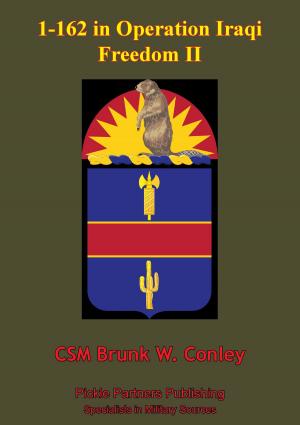Is The Mexican Narco-Violence An Insurgency?
Nonfiction, History, Middle East, Persian Gulf War, Military| Author: | Michael G. Rogan | ISBN: | 9781782893134 |
| Publisher: | Tannenberg Publishing | Publication: | August 15, 2014 |
| Imprint: | Tannenberg Publishing | Language: | English |
| Author: | Michael G. Rogan |
| ISBN: | 9781782893134 |
| Publisher: | Tannenberg Publishing |
| Publication: | August 15, 2014 |
| Imprint: | Tannenberg Publishing |
| Language: | English |
Since Mexican President Felipe Calderón declared war on the drug cartels in Dec. 2006, more than 35,000 Mexicans have died due to narco-violence.
This monograph examines whether the various Mexican drug trafficking organizations are insurgents or organized criminal elements. Mexican narco-violence and its affiliated gang violence have spread across Mexico’s southern border into Guatemala, Honduras, and El Salvador. Additionally, the narco-violence is already responsible for the deaths of American citizens on both sides of the U.S.-Mexico border, and the potential for increased spillover violence is a major concern.
This monograph argues that the Mexican drug cartels are transnational criminal organizations (TCOs) that pose a national security threat to the regional state actors; however, they are not an insurgency for four reasons. First, none of the cartels have the political aim or capability to overthrow the Mexican government. Second, the various TCOs are competing criminal organizations with approximately 90 percent of the violence being cartel on cartel. For example, the violence in the city of Juárez is largely the result of the fighting between the local Juárez cartel and the Sinaloa cartel for control of one of the primary smuggling routes into the U.S.. Third, the cartels’ use of violence and coercion has turned popular support against them thus denying them legitimacy. Fourth, although the cartels do control zones of impunity within their areas of influence, the Mexican government has captured, killed, and extradited kingpins from every major TCO.
Since Mexican President Felipe Calderón declared war on the drug cartels in Dec. 2006, more than 35,000 Mexicans have died due to narco-violence.
This monograph examines whether the various Mexican drug trafficking organizations are insurgents or organized criminal elements. Mexican narco-violence and its affiliated gang violence have spread across Mexico’s southern border into Guatemala, Honduras, and El Salvador. Additionally, the narco-violence is already responsible for the deaths of American citizens on both sides of the U.S.-Mexico border, and the potential for increased spillover violence is a major concern.
This monograph argues that the Mexican drug cartels are transnational criminal organizations (TCOs) that pose a national security threat to the regional state actors; however, they are not an insurgency for four reasons. First, none of the cartels have the political aim or capability to overthrow the Mexican government. Second, the various TCOs are competing criminal organizations with approximately 90 percent of the violence being cartel on cartel. For example, the violence in the city of Juárez is largely the result of the fighting between the local Juárez cartel and the Sinaloa cartel for control of one of the primary smuggling routes into the U.S.. Third, the cartels’ use of violence and coercion has turned popular support against them thus denying them legitimacy. Fourth, although the cartels do control zones of impunity within their areas of influence, the Mexican government has captured, killed, and extradited kingpins from every major TCO.

![Cover of the book Airborne Operations In World War II, European Theater [Illustrated Edition] by Michael G. Rogan](https://www.kuoky.com/images/2015/november/300x300/9781786252975-y4Y7_300x.jpg)
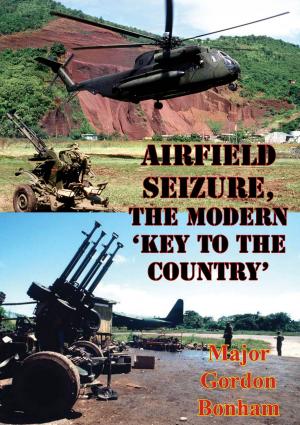
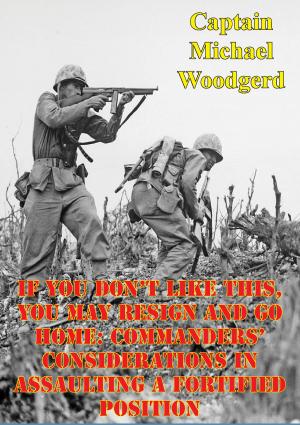
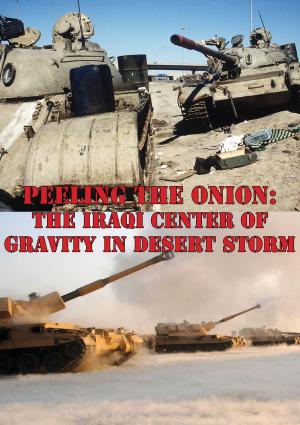
![Cover of the book The 1973 Arab-Israeli War: The Albatross Of Decisive Victory [Illustrated Edition] by Michael G. Rogan](https://www.kuoky.com/images/2015/november/300x300/9781786252791-N1Pw_300x.jpg)
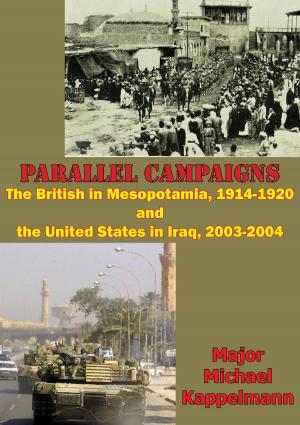





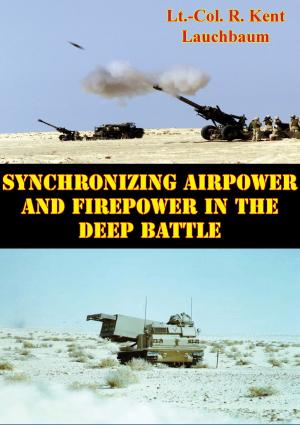
![Cover of the book Conquering The Night — Army Air Forces Night Fighters At War [Illustrated Edition] by Michael G. Rogan](https://www.kuoky.com/images/2015/november/300x300/9781786252371-lfdB_300x.jpg)
